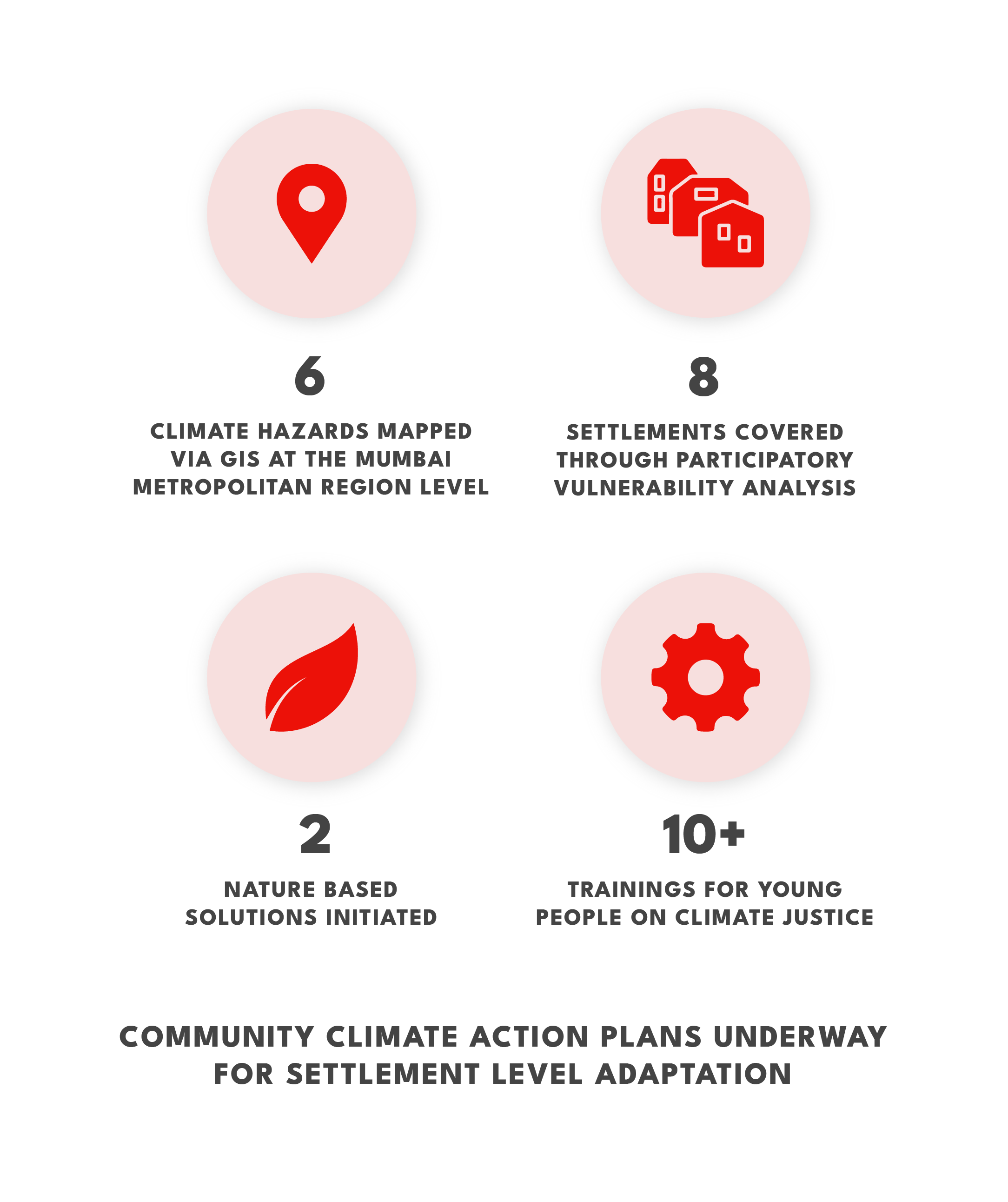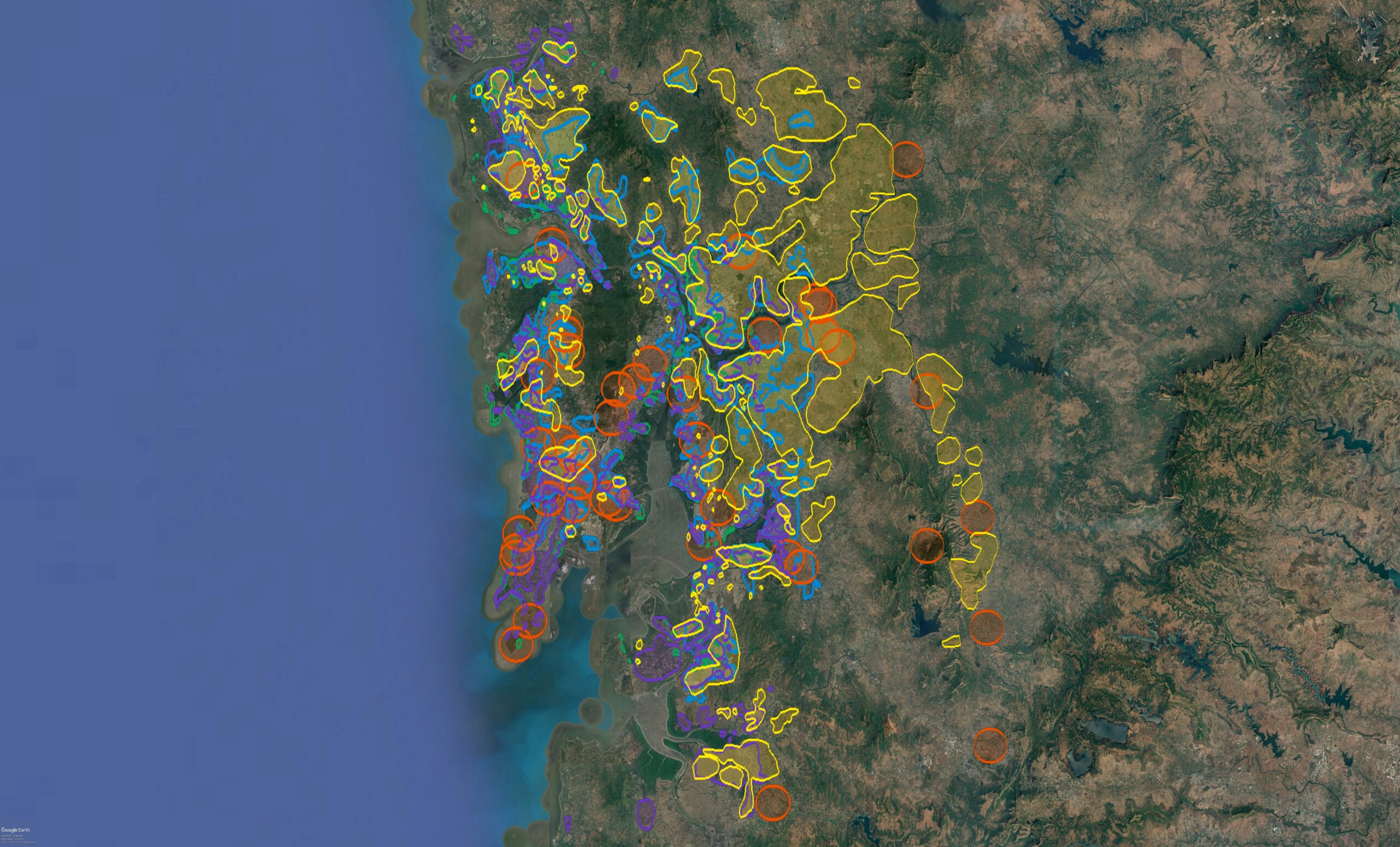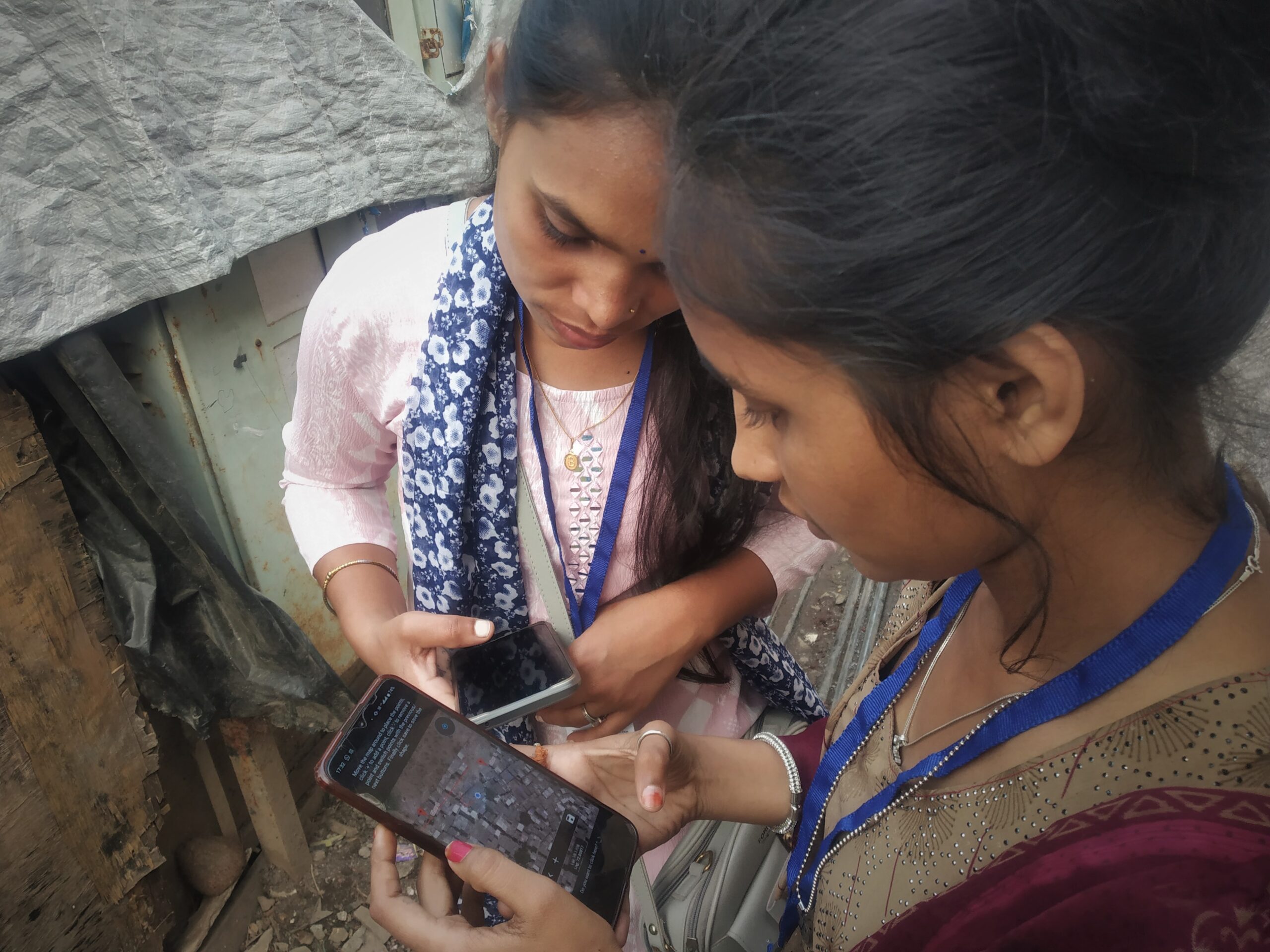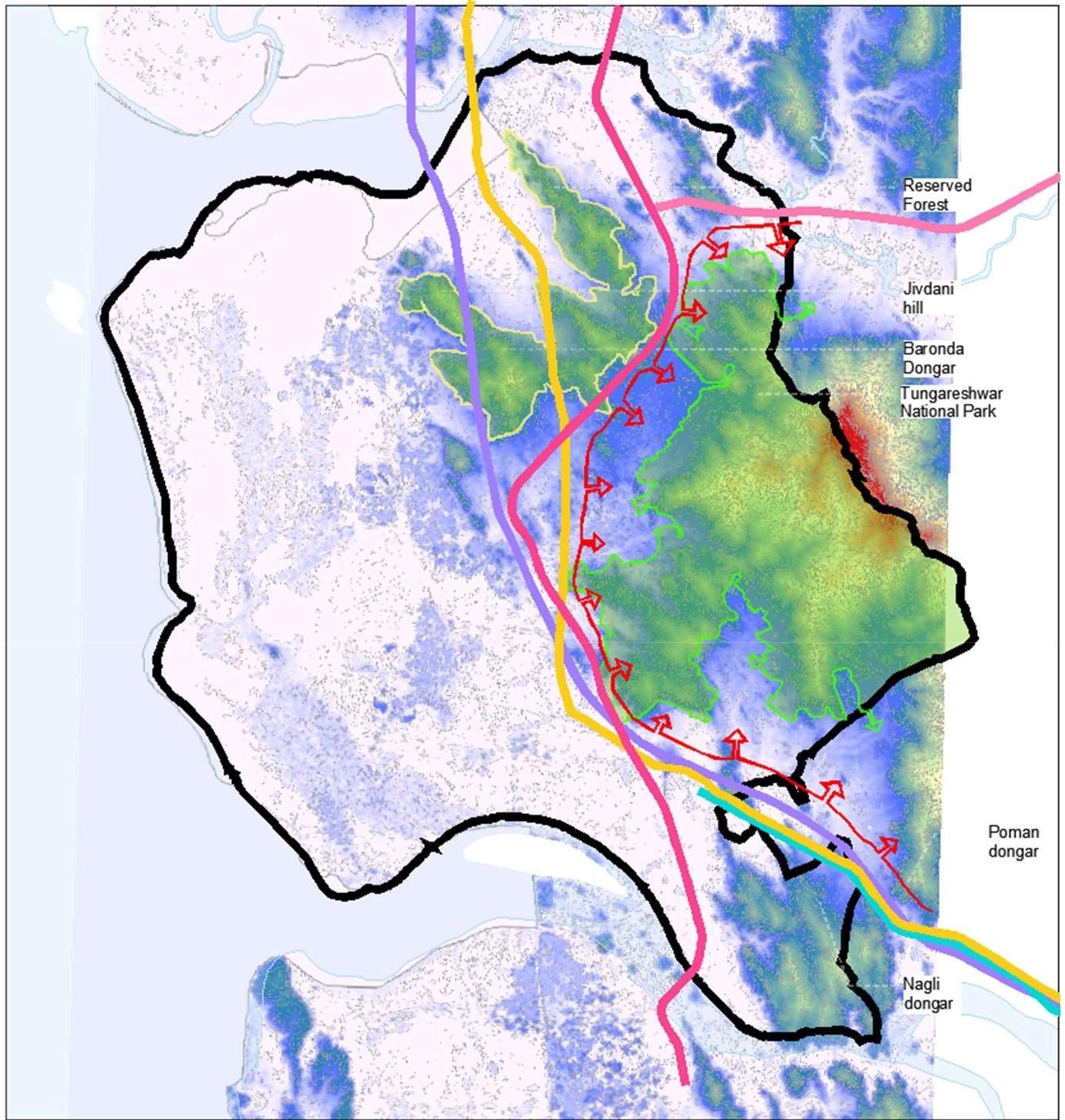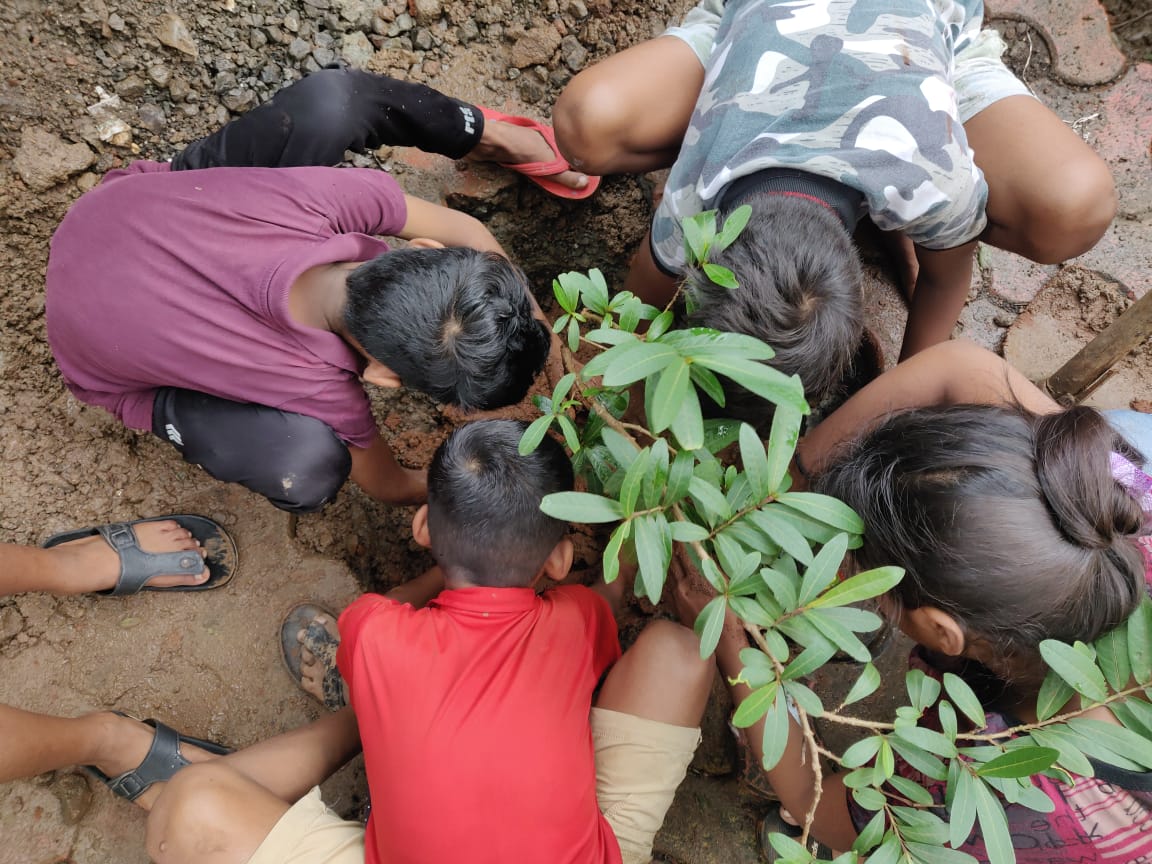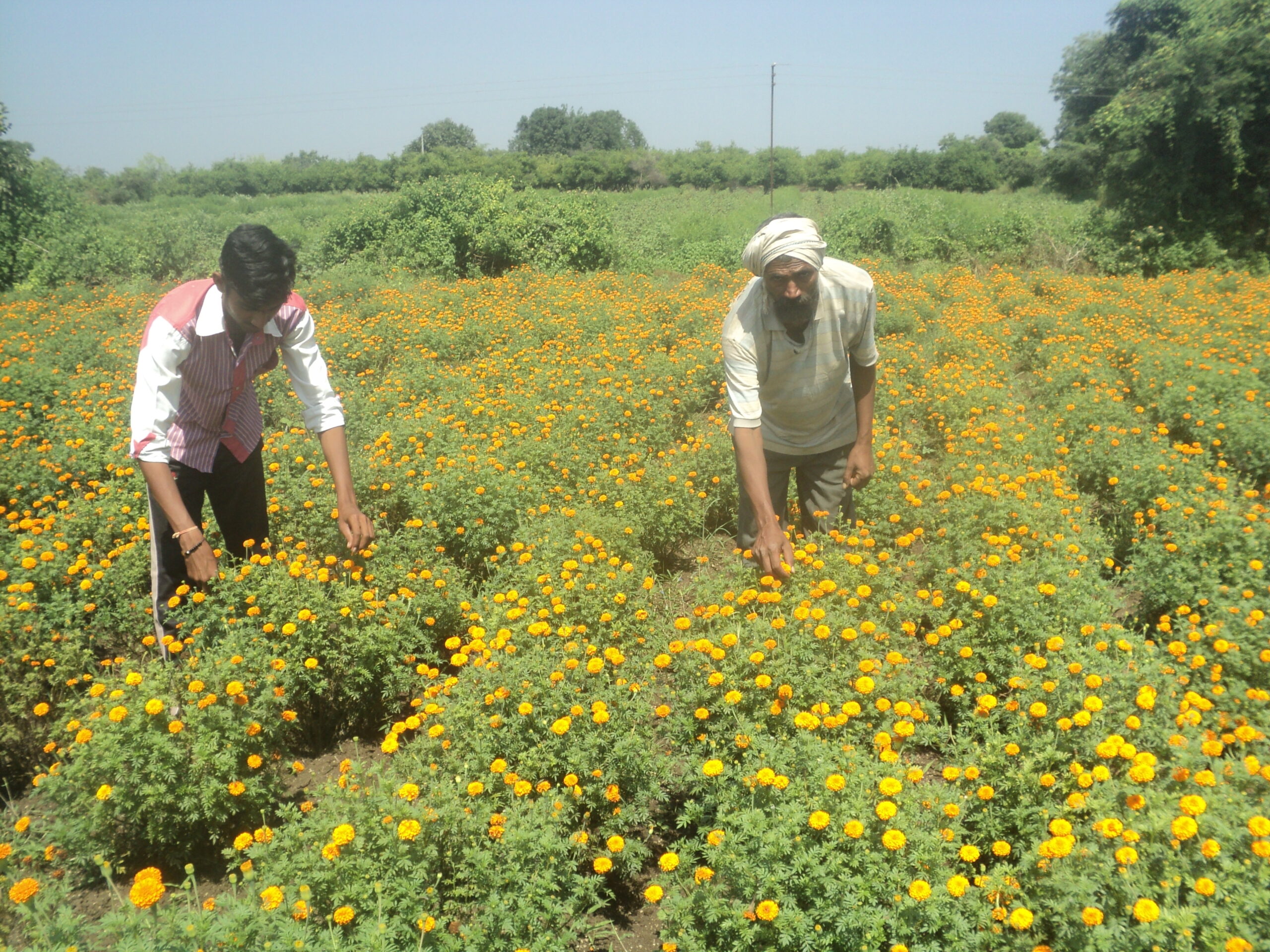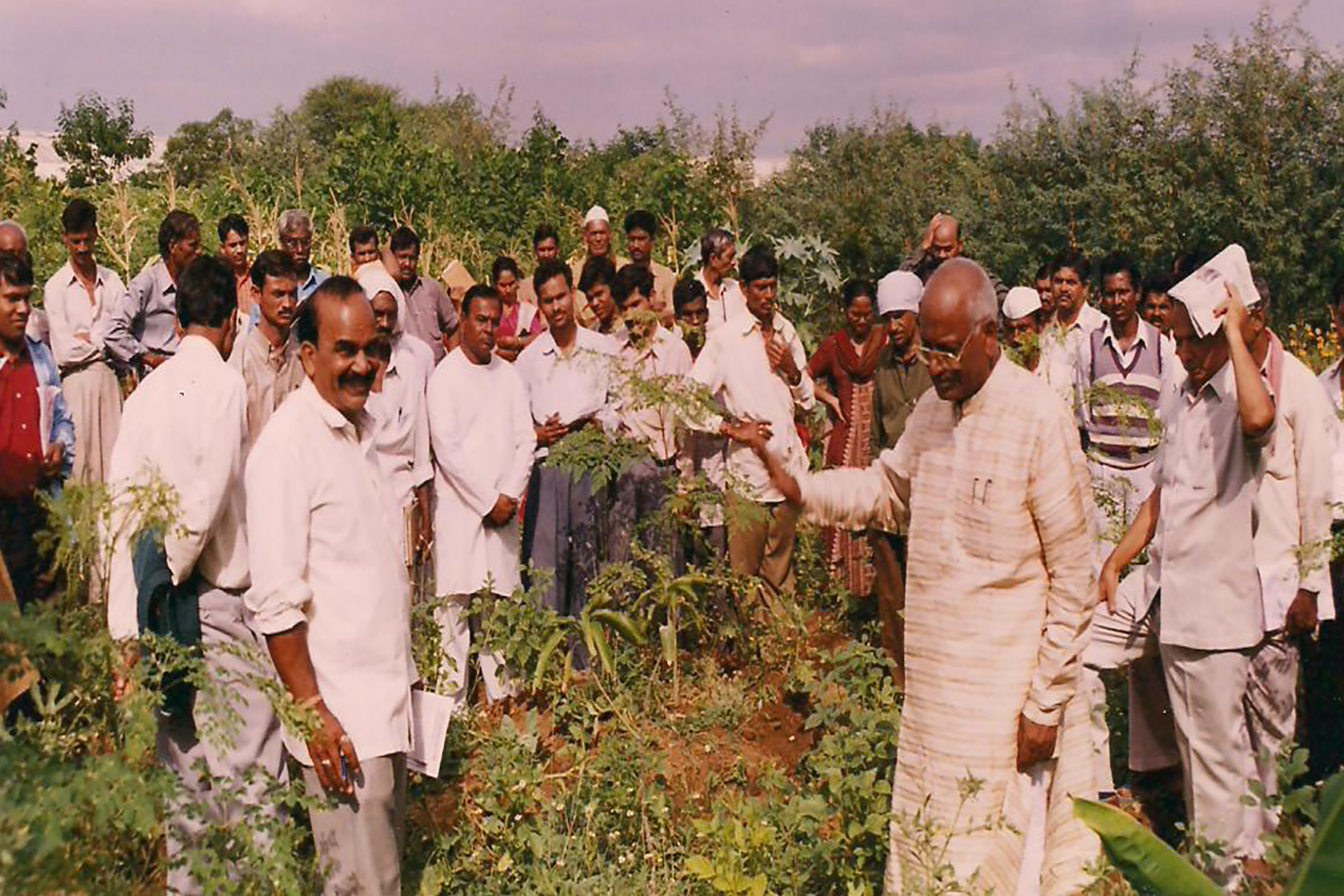YUVA partners with marginalised populations in cities who often live in climate-sensitive regions and are exposed to the brunt of climate change at their places of residence and work. We attempt to understand the effects of climate change through the perspective of the urban poor. Through their experience, we carve out local adaptations, strengthen their ability to respond and devise inclusive policy guidelines.
This work is spread across Mumbai, Navi Mumbai and Vasai-Virar.


